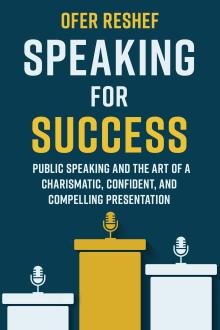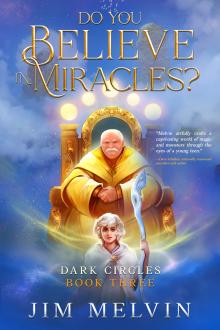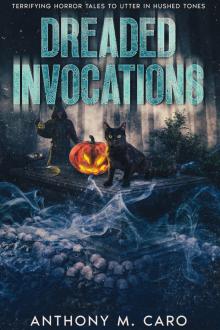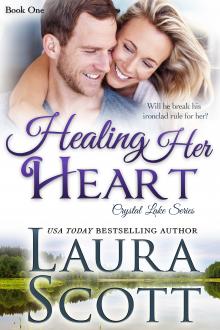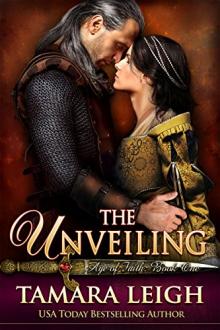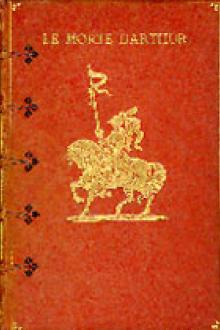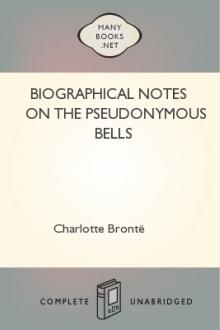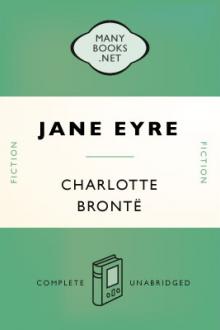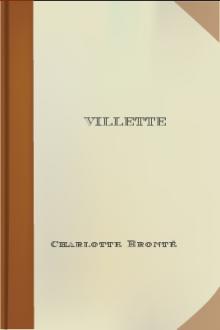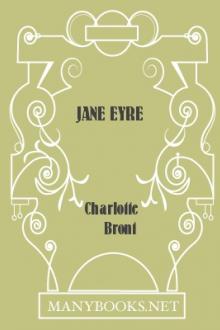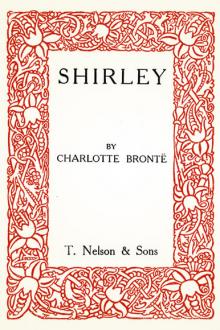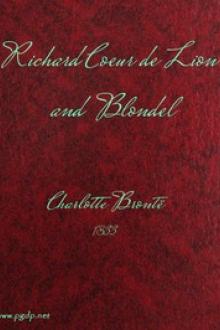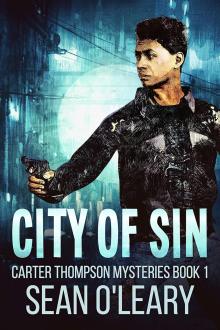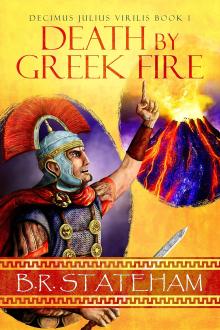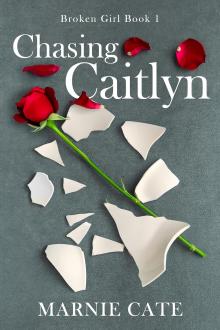Villette
Villette
Book Excerpt
d her infant visage. She seemed growing old and unearthly. I, Lucy Snowe, plead guiltless of that curse, an overheated and discursive imagination; but whenever, opening a room-door, I found her seated in a corner alone, her head in her pigmy hand, that room seemed to me not inhabited, but haunted.
And again, when of moonlight nights, on waking, I beheld her figure, white and conspicuous in its night-dress, kneeling upright in bed, and praying like some Catholic or Methodist enthusiast--some precocious fanatic or untimely saint--I scarcely know what thoughts I had; but they ran risk of being hardly more rational and healthy than that child's mind must have been.
I seldom caught a word of her prayers, for they were whispered low: sometimes, indeed, they were not whispered at all, but put up unuttered; such rare sentences as reached my ear still bore the burden, "Papa; my dear papa!" This, I perceived, was a one-idea'd nature; betraying that monomaniac tendency I have ever thought the most unfortun
FREE EBOOKS AND DEALS
(view all)Popular books in Fiction and Literature, Romance
Readers reviews
4.0
LoginSign up
Arguably the best of Charlotte Brontë's novels, the bittersweet story of young-but-middle-aged, orphaned, taciturn Lucy Snowe has much to recommend it, but readers get what they bring to it. When Lucy daringly leaves her native Britain for Villette, France, and, almost accidentally, enlists as a resident English teacher at a boarding school, does she become all that's in her to be? How much of herself does she conceal from the reader? Is the ambiguous conclusion sad or hopeful?It's the reader's choice. The ardent and optimistic will find it a happier story than the cynic or pessimist. When I first read the novel as a young woman, I came to different conclusions than I did on my recent rereading. It occurs to me now that 20th-century novelist Barbara Pym must have found much inspiration in "Villette" for the wry, introspective and quietly yearning spinsters who populate her fiction.Plot aside, Brontë's prose is powerful and purposeful. It must be said, however, that at least a rudimentary knowledge of French is required to understand a good part of the dialogue, which may explain, somewhat, why this novel is so much less well-known than Brontë's earlier "Jane Eyre."
- Upvote (0)
- Downvote (0)
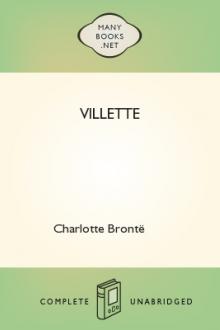
 Free Download
Free Download
